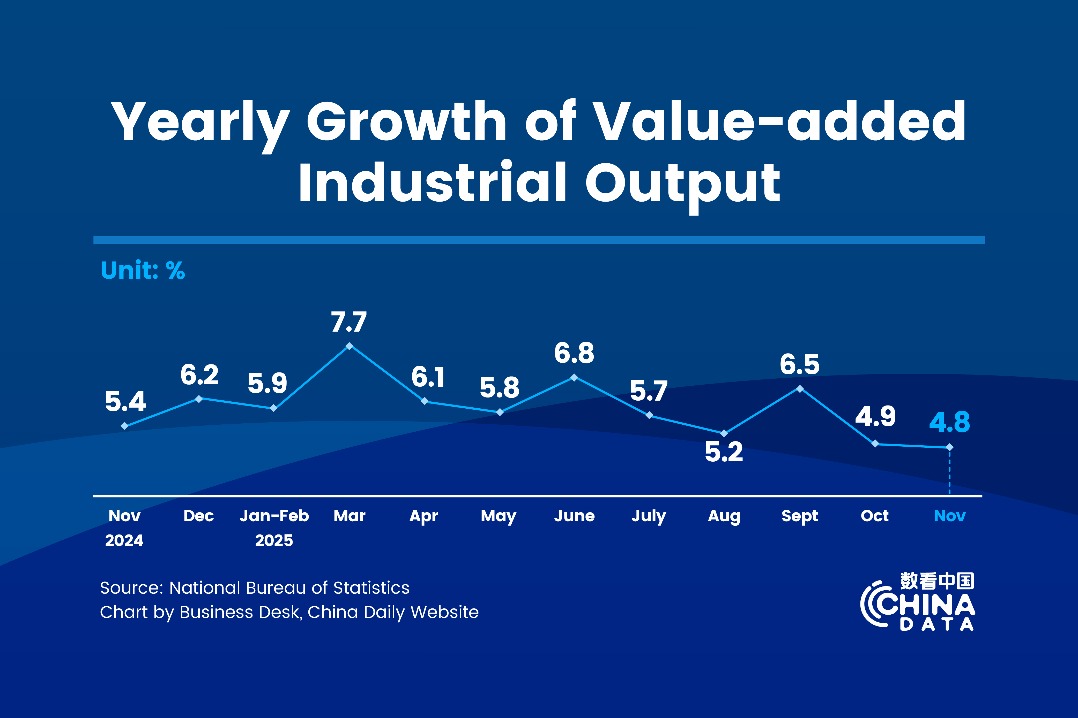Arab speakers at Davos call for Gaza cease-fire and two-state solution


Gulf powerhouse Saudi Arabia's potential recognition of Israel through peace for the Palestinians and a Palestinian state, as it reiterated at the World Economic Forum in Switzerland together with other speakers from the region, showcases the Arabs' will to achieve a two-state solution to end this contentious issue, say analysts.
They also said the Arab countries' consistent position on engaging with the Palestinians has become paramount, given the broader regional and global ramifications at stake.
Tensions in the Middle East region remained high on the agenda at the annual economic forum, which was attended by world leaders and senior government officials.
At a plenary session titled "Securing an Insecure World" at the World Economic Forum in Davos on Jan 16, Saudi Minister of Foreign Affairs Prince Faisal bin Farhan bin Abdullah called for an immediate cease-fire in Gaza, and to pave the way for a credible process that empowers the Palestinian Authority, and allow for a path towards peace in the region, the Saudi Press Agency reported.
Prince Faisal also said that "we agree that regional peace includes peace for Israel", but he said that can only happen "through peace for the Palestinians and the establishment of the Palestinian state" while pointing out that Israel's current actions jeopardize the prospects for regional peace and security, the Saudi Press Agency reported.
Further, he stated that a cease-fire should be a starting point for lasting and sustainable peace, "achievable only through the establishment of true justice for the Palestinian people".
"Saudi's position has always been clear, without having an independent Palestinian state, there will be no normalization with Israel," Mehmet Rakipoglu, a Turkiye-based Gulf analyst and coordinator of academic studies at Dimensions for Strategic Studies, told China Daily.
He said resolving this issue would mean Israel's withdrawal from Gaza, to "stop killing innocent people", and "to stop its settlement policies", noting that other Arab countries "have been stating the same".
At a separate forum, also in Davos, Qatar Prime Minister and Minister of Foreign Affairs Sheikh Mohammed bin Abdulrahman bin Jassim Al-Thani said the Palestinian cause was a central issue for the Middle East and the world.
He said that the international community's reaction to the war in the Gaza Strip was disappointing for the people of the region and that there was a need to find an immediate solution and ways to" end the war as soon as possible, and to release both hostages and Palestinian prisoners", according to the Qatar Ministry of Foreign Affairs.
Further, Al-Thani also pointed out that the situation in the West Bank was not better than what is happening in the Gaza Strip, as "there may not be comprehensive bombing, but there are killings and violence by settlers", and "the extremist government calling for ethnic cleansing of the Palestinian people".
Saudi's Prince Faisal also raised the Red Sea issue, emphasizing his country's concern for regional security and freedom of navigation in the Red Sea.
"We need to focus on the situation in Gaza, not because of what is happening in the Red Sea, but because of its impact on the Palestinians first and on regional security in general," Saudi's Prince Faisal said.
"International undertaking, especially from Arab countries, to establish normal ties with Israel was frequently interpreted by the Israeli government as tacit approval of the status quo that Israel has imposed on the Palestinians, which also rendered Palestinians more susceptible to Israeli colonial actions," Belal Alakhras, a political analyst and Palestinian researcher at the University of Malaya in Malaysia, told China Daily.
He said the resulting impression in Israel was that it "can circumvent the Palestinians, as acknowledgment and normalized dealings become conceivable over time" while a prevailing concern for Israel revolves around the fear of international isolation and rejection, particularly following widespread killing and destruction in Gaza since Oct 7.
"Indeed, the events of Oct 7 underscored the profound and enduring nature of the Palestinian issue, revealing its intricacies beyond the scope of mere peace process and normalization," said Alakhras.
"Instead, it is more obvious now that addressing Palestinian rights and engaging with the Palestinians becomes paramount, given the broader regional and global ramifications at stake. Failure to prioritize these aspects risks entrenching the region in a precarious trajectory, influenced by both political and public sentiment dynamics," he added.




































